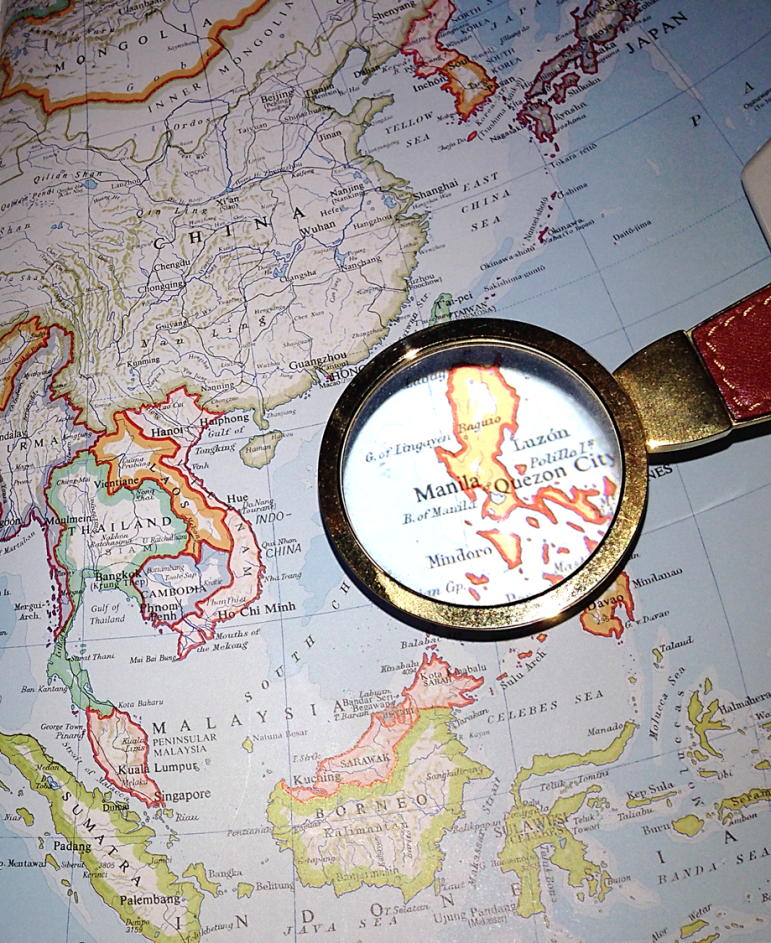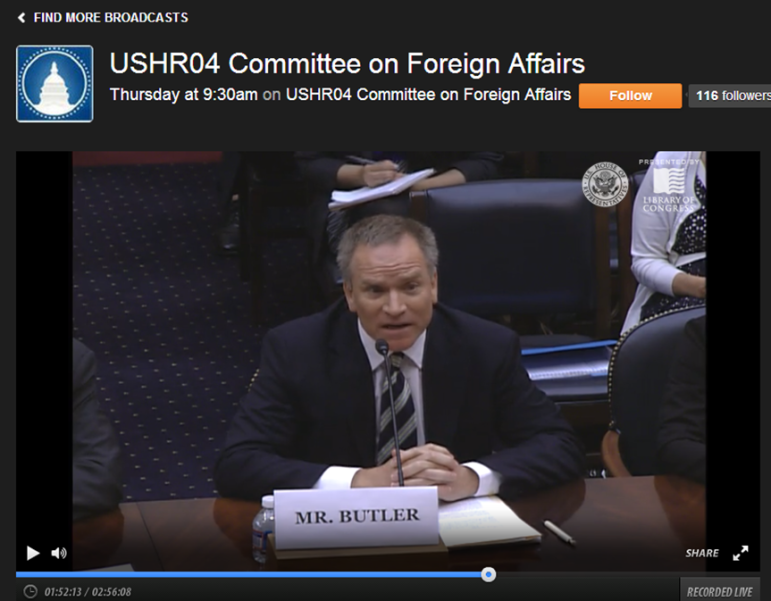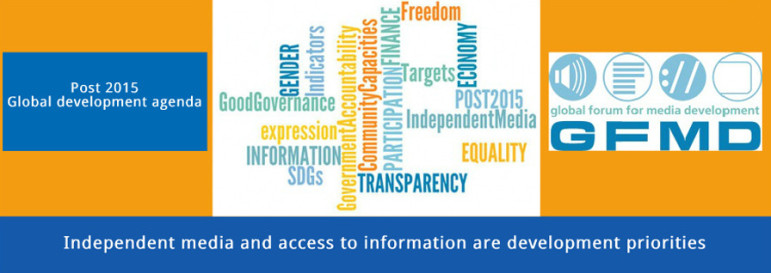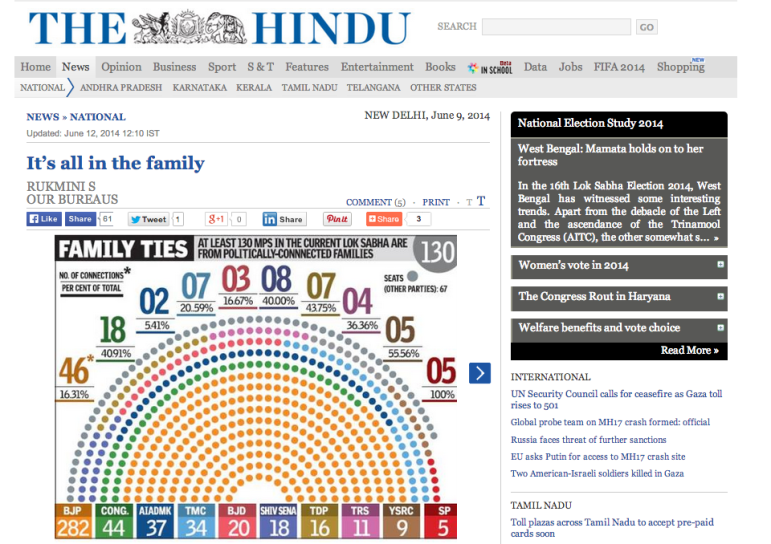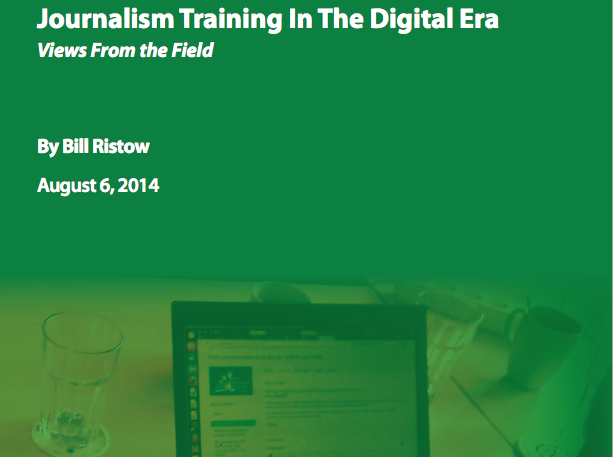
Reporting Tools & Tips
Thoughts from a Journalism Trainer
For the past seven and one-half years, I have spent large portions of each year doing media-development work–most of it training of journalists or journalism students–in four countries of sub-Saharan Africa, and in Ukraine and Bosnia and Herzegovina. Inevitably, my own experiences and observations about what works and what doesn’t, and what is really important in this work, have passed through my mind while researching and writing this report. None of them is unique, but it may be useful to list what I consider my three strongest lessons from nearly a dozen different training projects.



